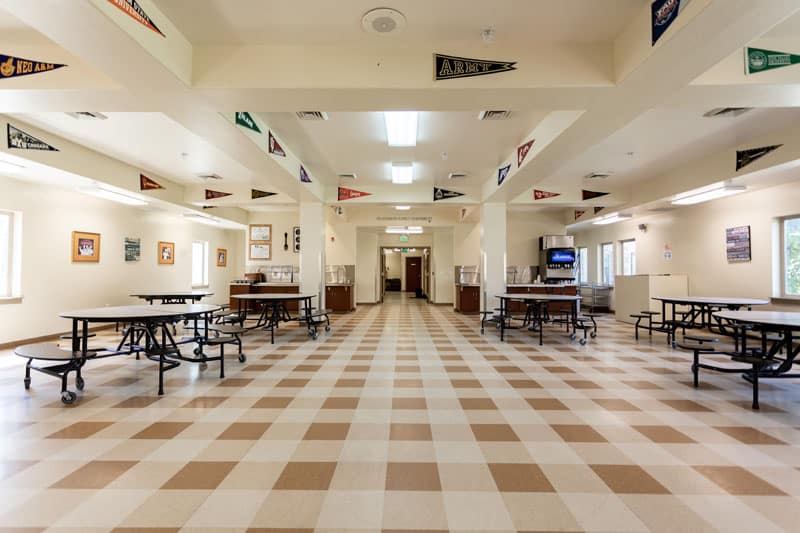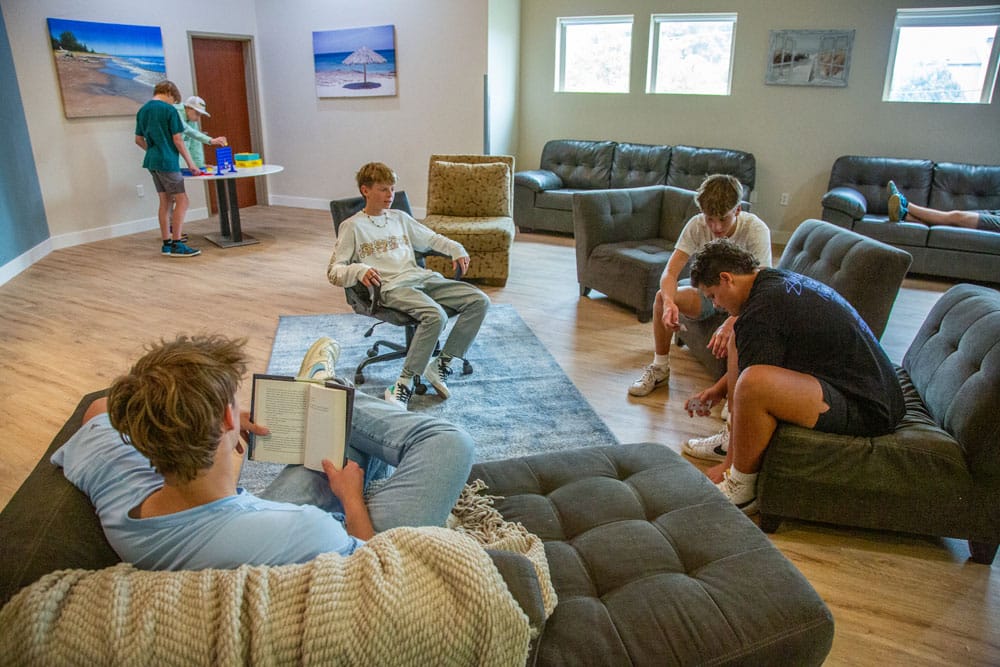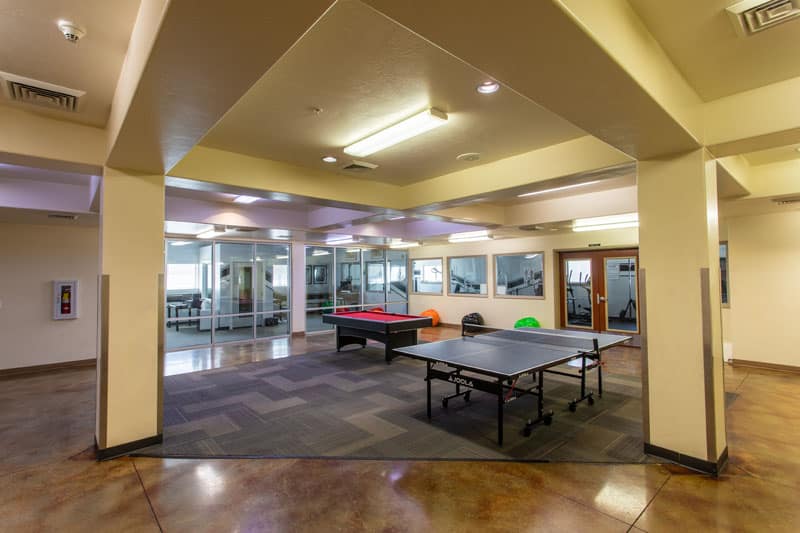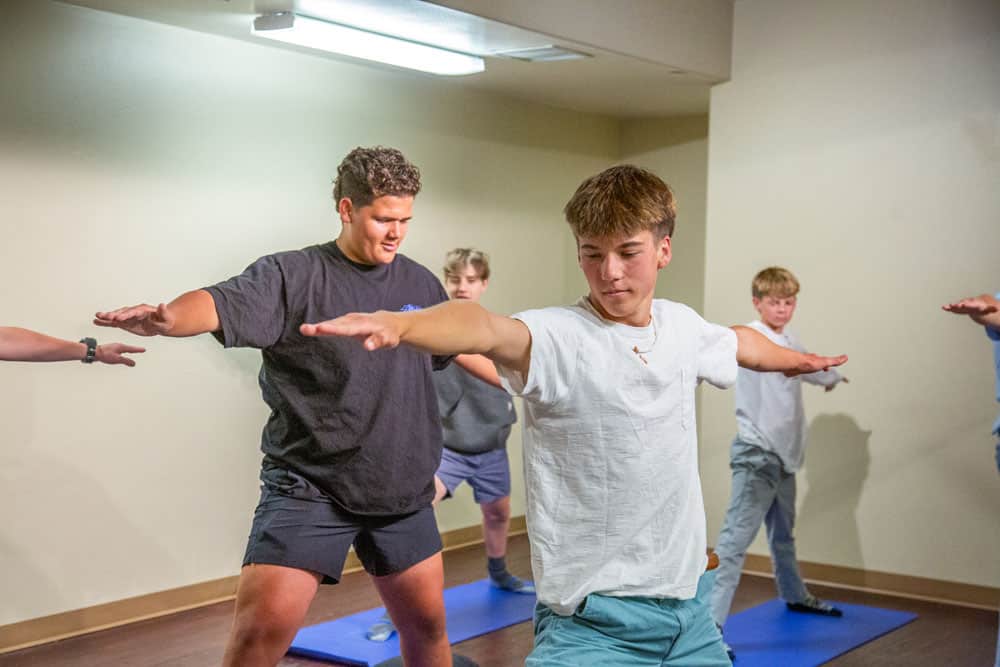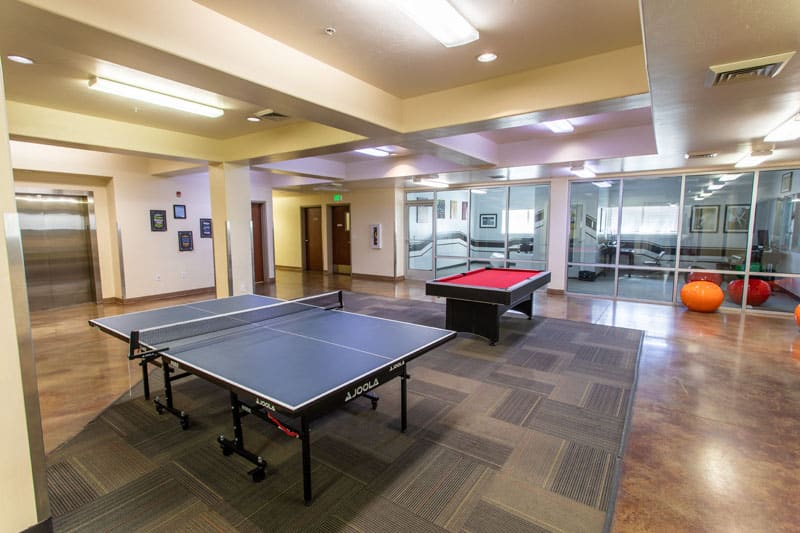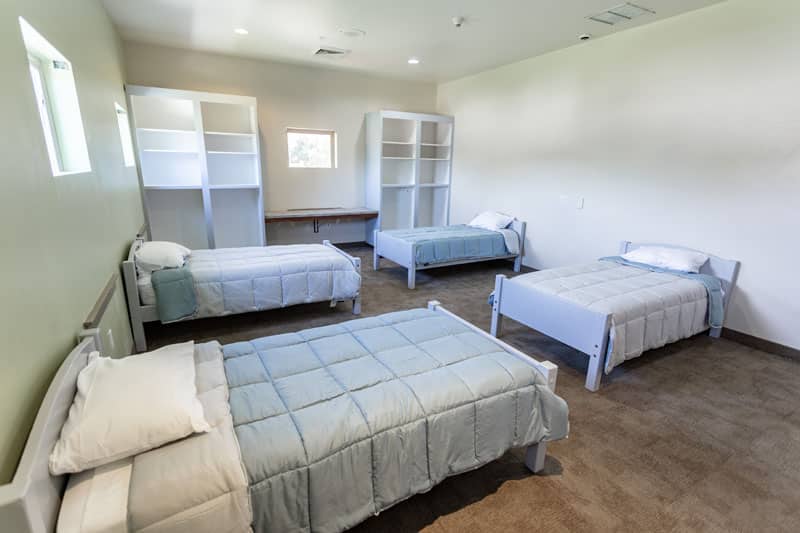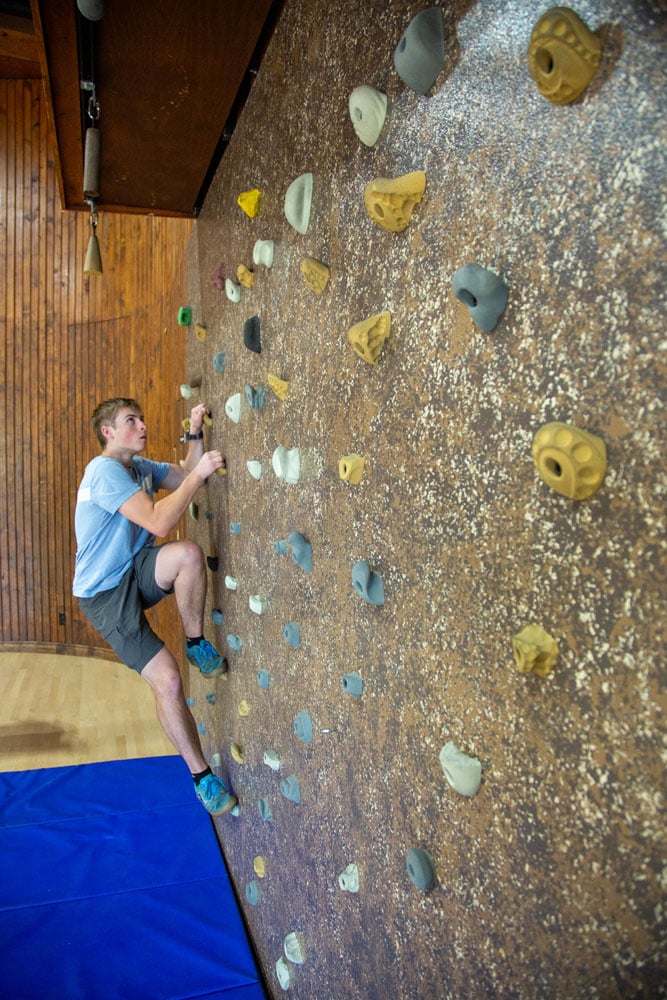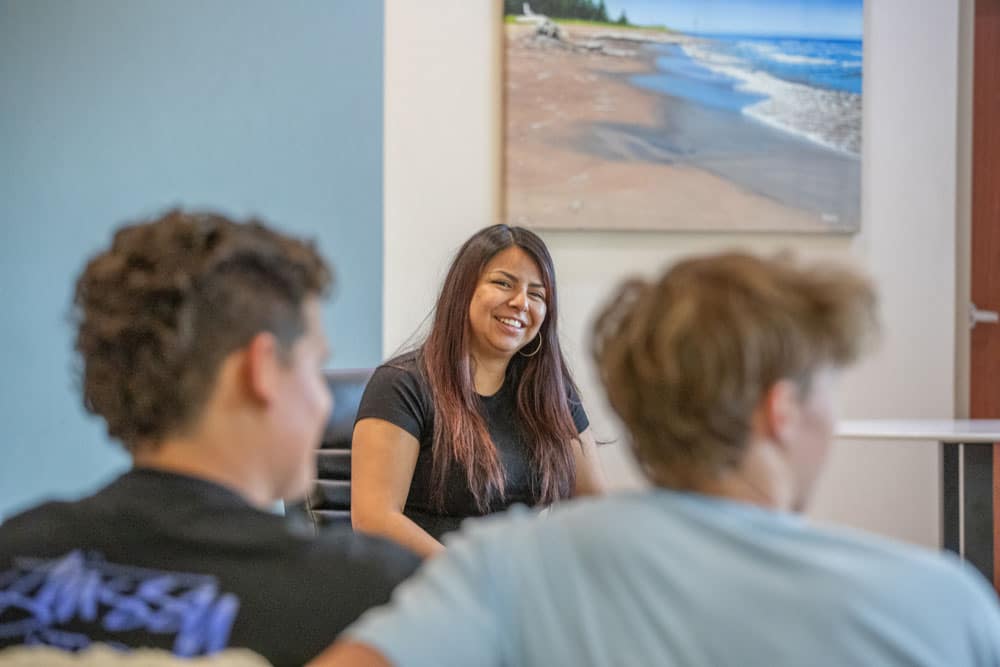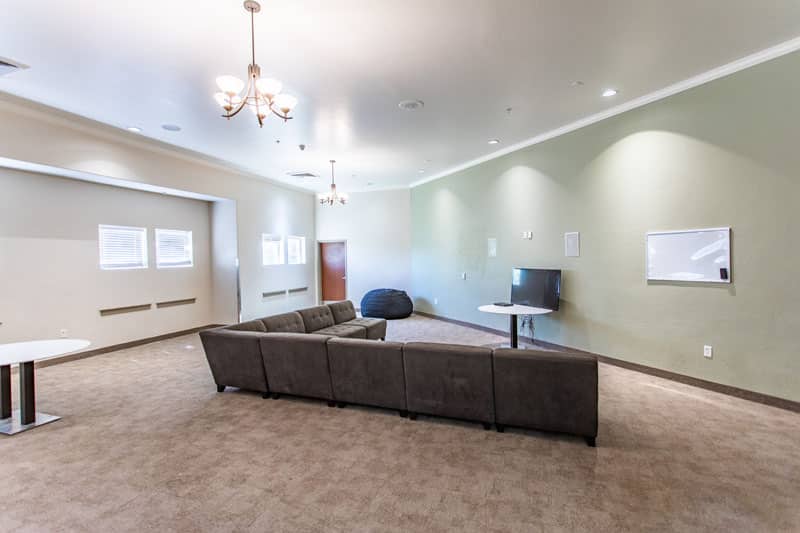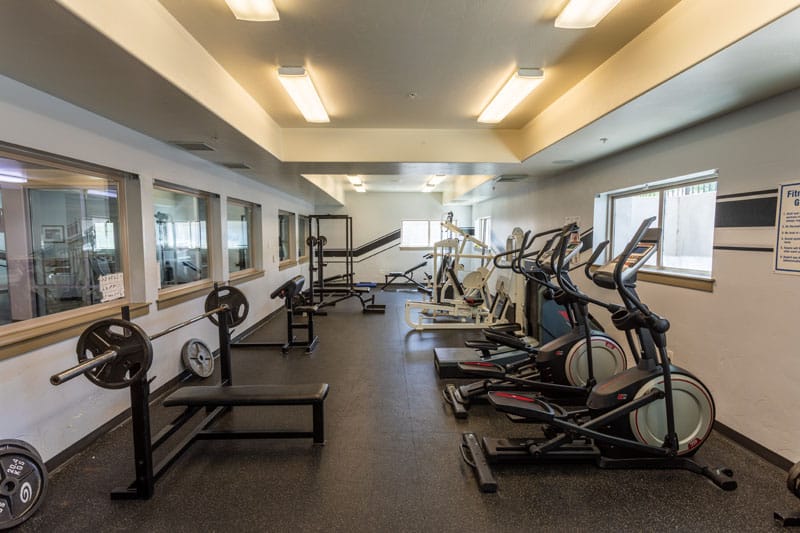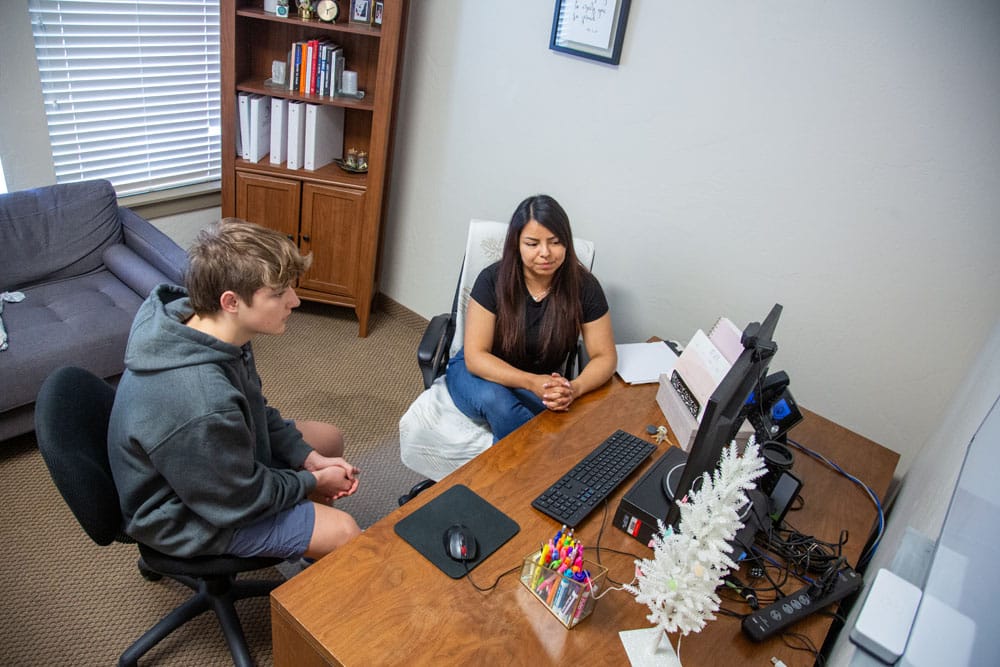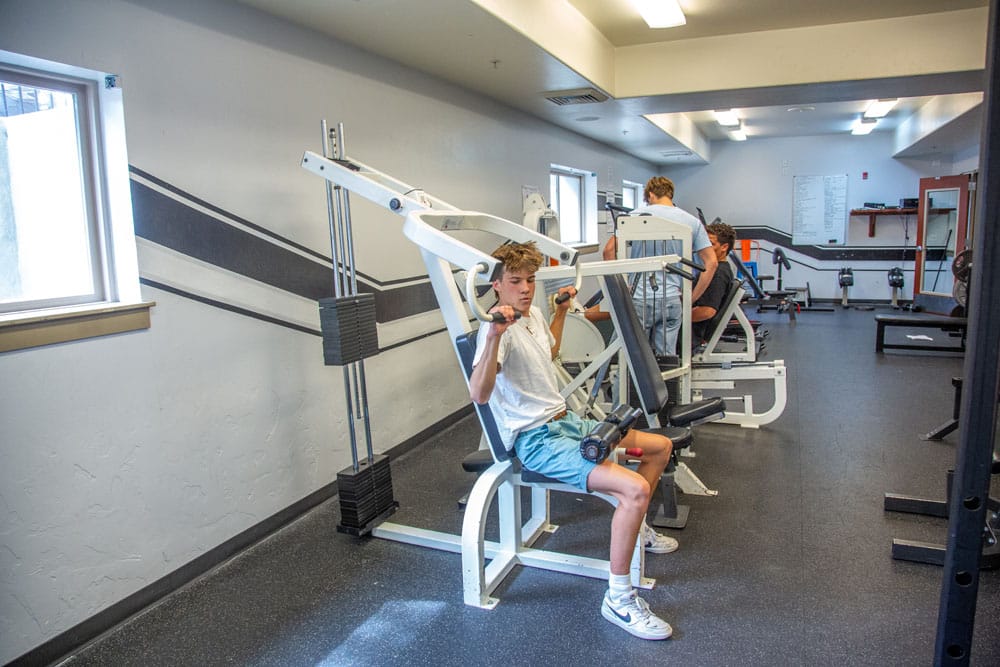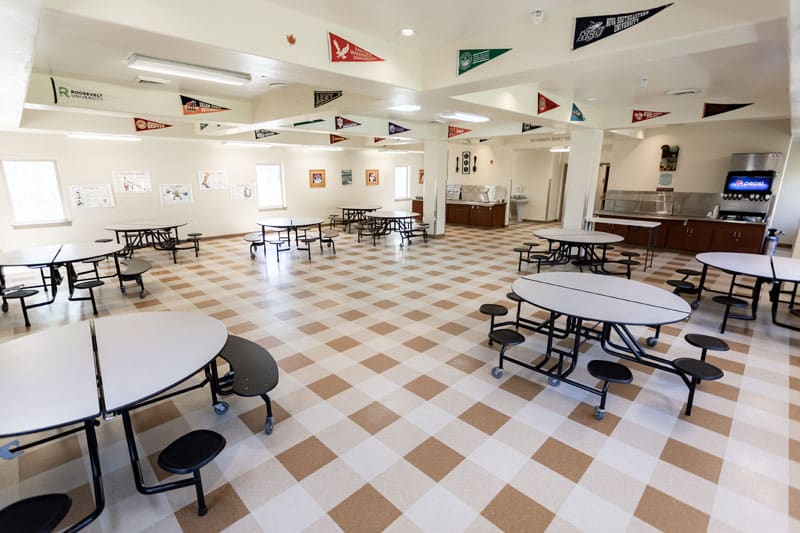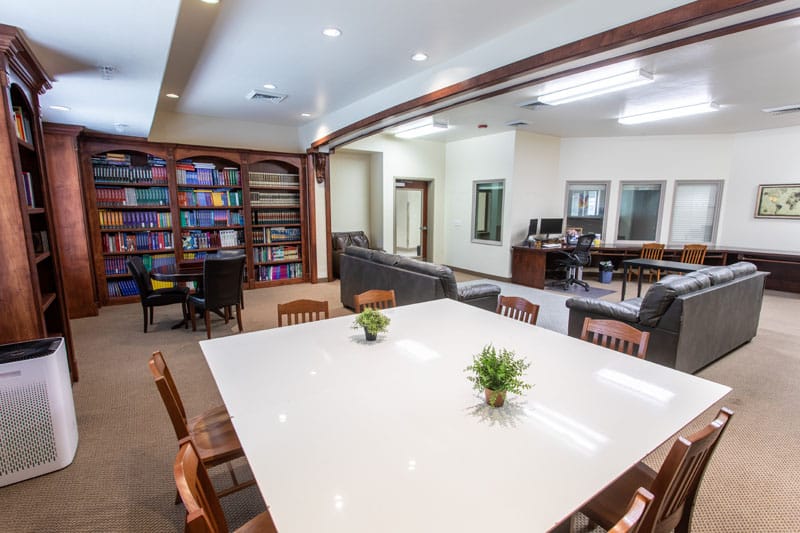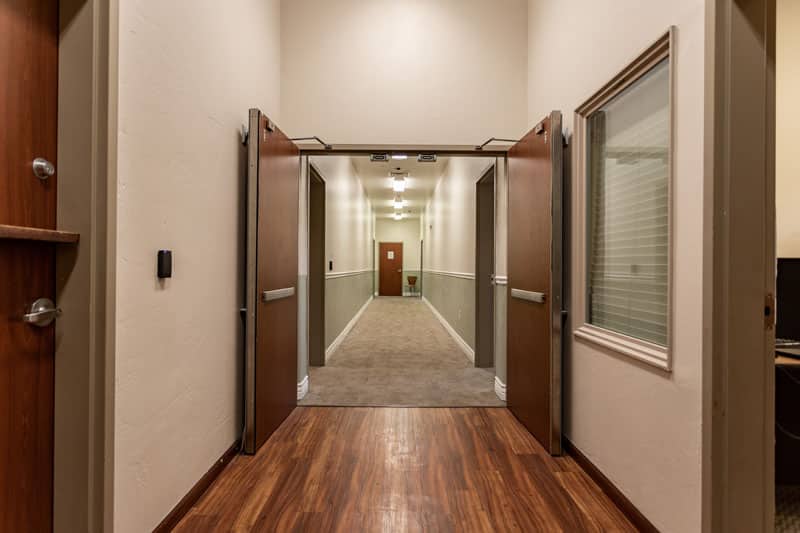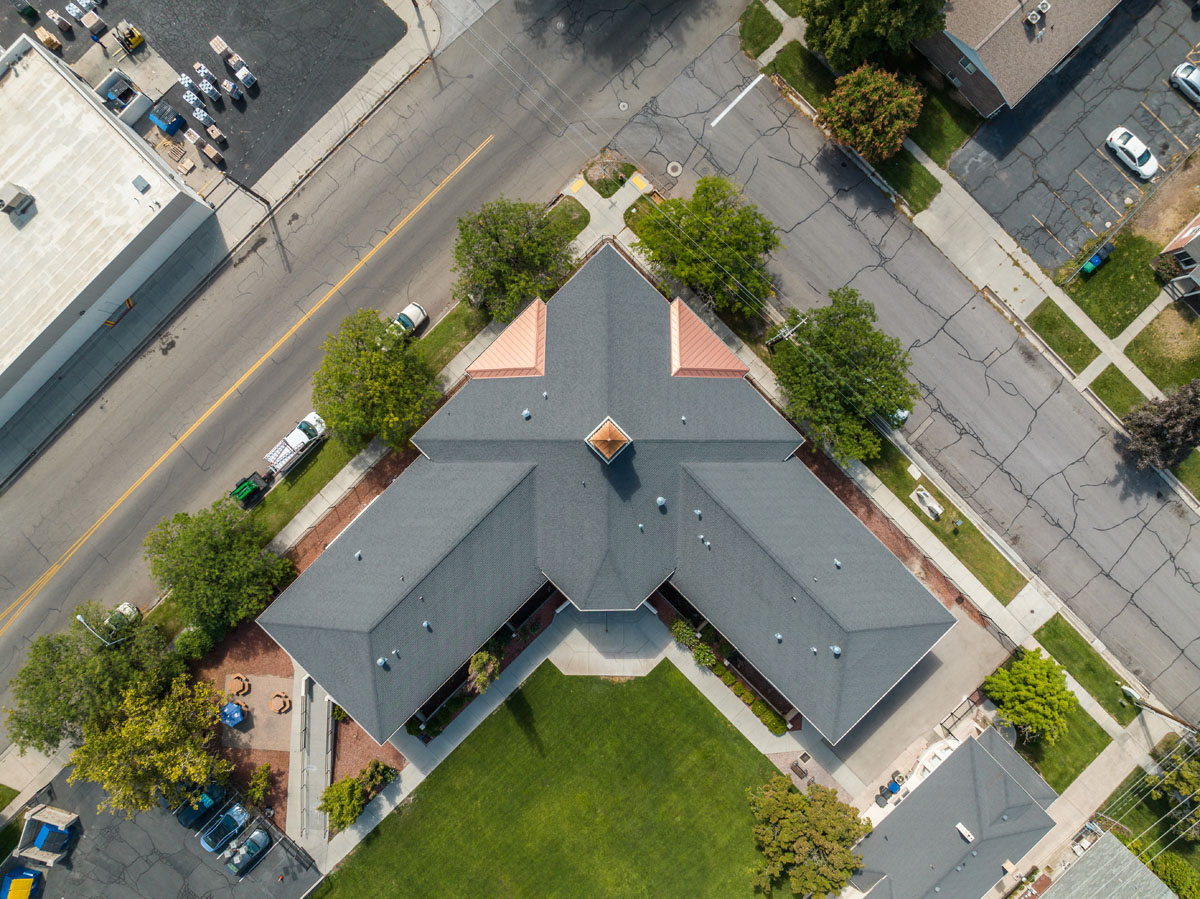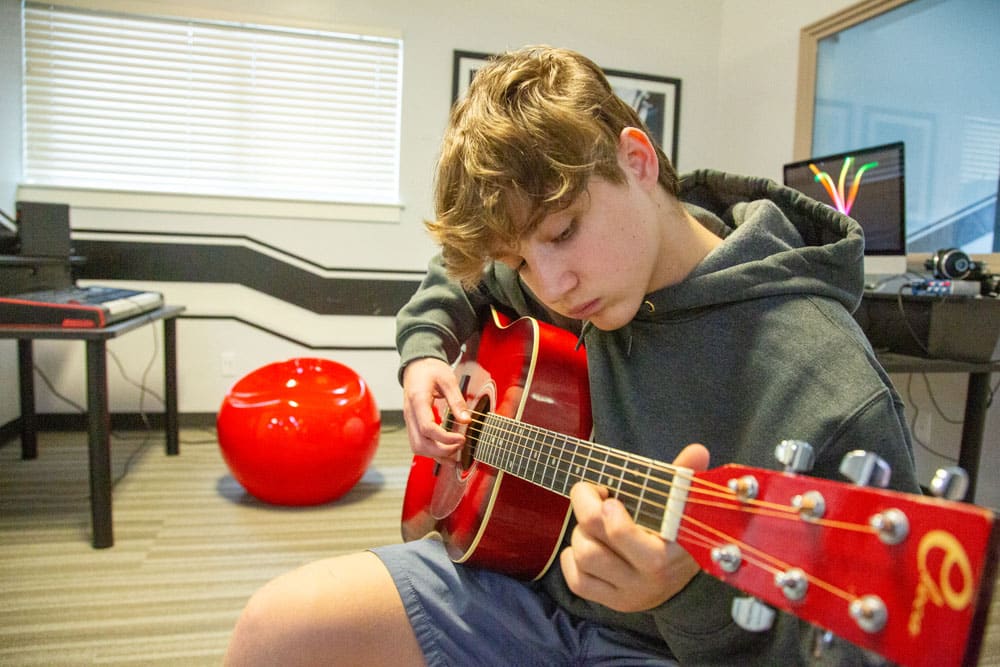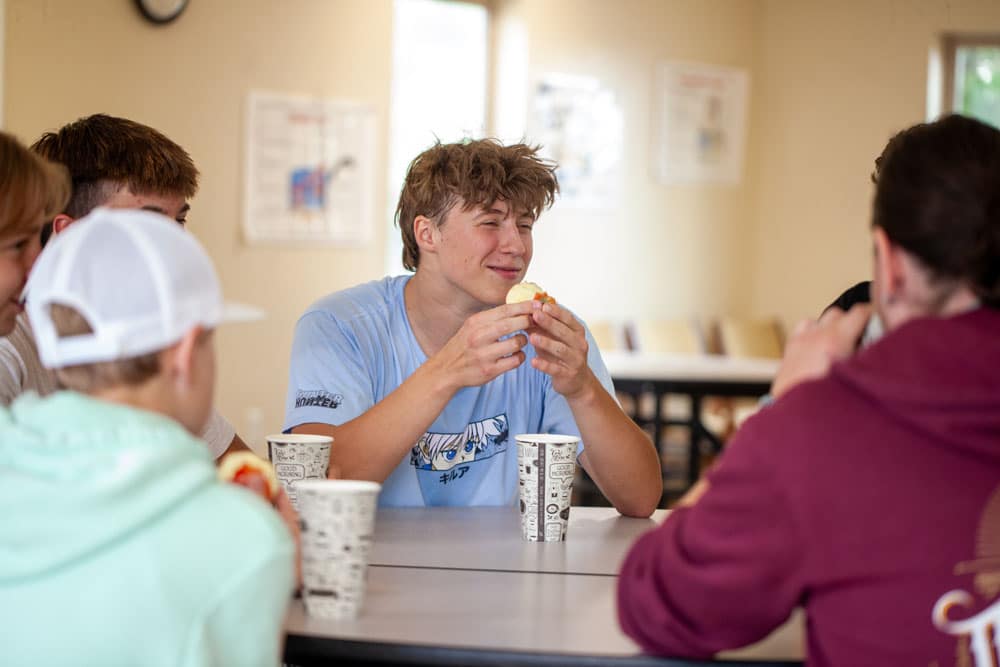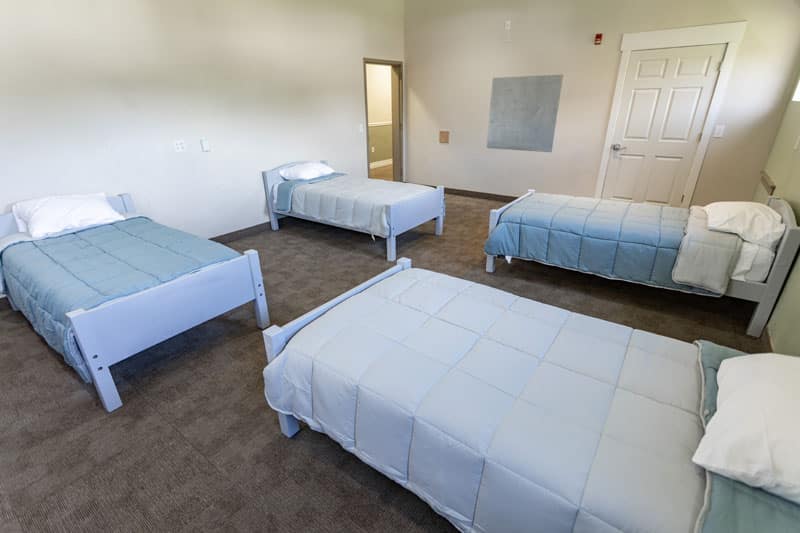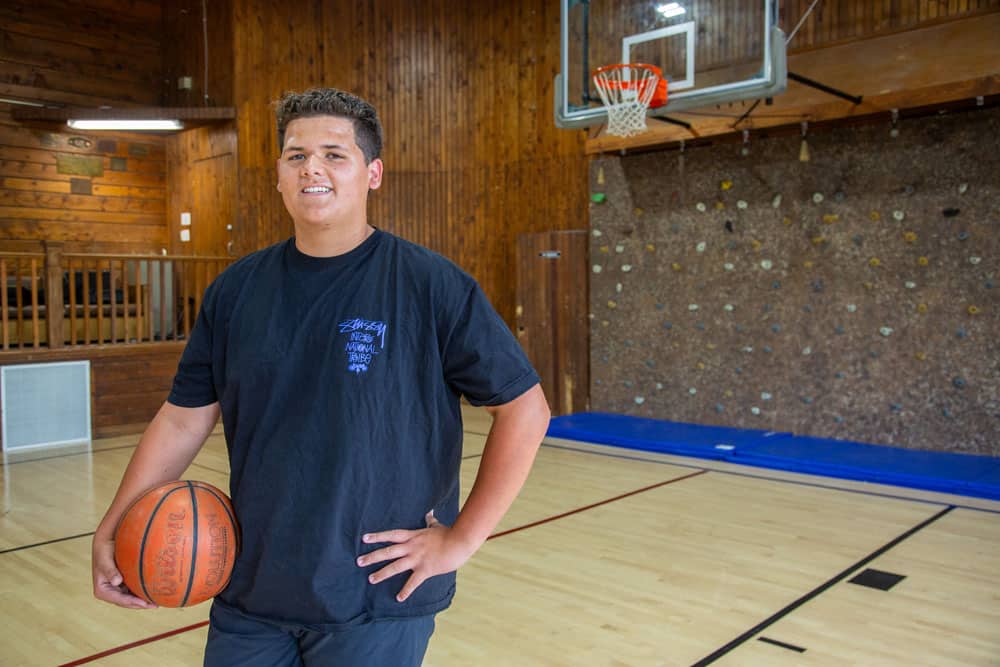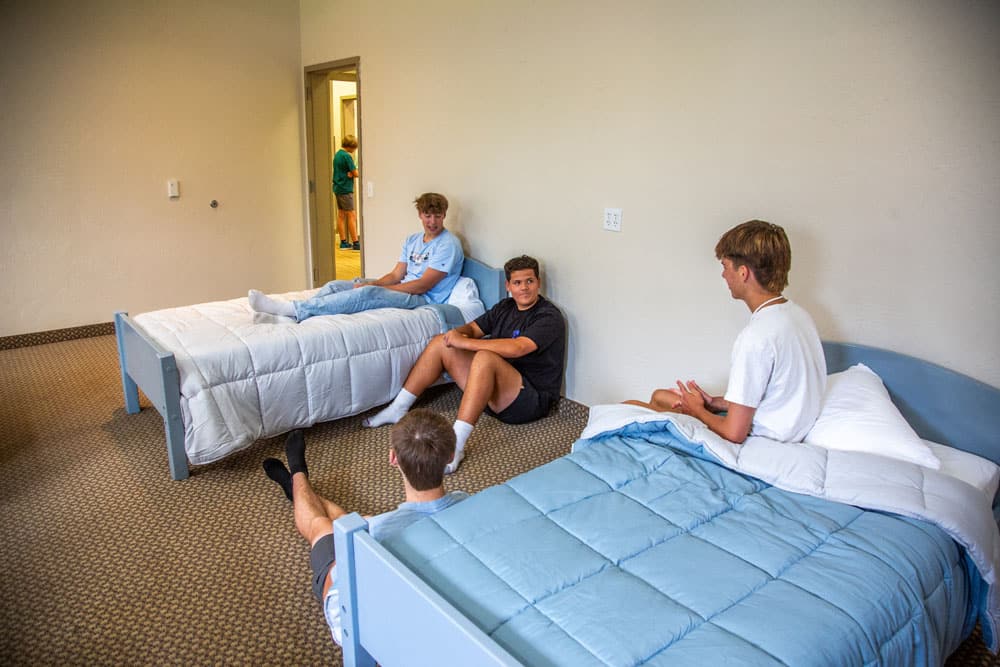Boys' Residential Treatment Finding the Right Care for Your Son
Parenting a teen in crisis can be one of the most challenging and emotional experiences a parent can face. As a parent, you want the best for your child and it can be overwhelming when you see them struggling. It's natural to feel a sense of uncertainty and fear when trying to find effective care for your teen. However, there is hope and help available.
Boys' residential treatment can provide a safe, supportive, and nurturing environment for your child to heal and grow. In this article, we will explore how you can confidently choose expert care for your struggling teen and alleviate the stress and uncertainties that come with it.
Get the Info & Help You Need.
Identifying Your Child's Needs: The First Step Towards Effective Care
Identifying your child's needs is the crucial first step toward finding effective care for them. When it comes to boys' mental health treatment, understanding their unique challenges and specific needs is essential in ensuring they receive the appropriate care. This process involves thoroughly evaluating and assessing their mental health, emotional well-being, behaviors, and any underlying issues contributing to their crisis. By identifying these needs, you can tailor their treatment plan to address their specific challenges and provide them with the support they need to heal and grow. Don't underestimate the power of identifying your child's needs as it lays the foundation for their recovery journey.
The Importance of Psychological Testing and an Evaluation
Identifying the cause of your teen's crisis is crucial for their well-being and recovery. Through testing and evaluation, you can gain a deeper understanding of their unique challenges and mental health needs. It's important to understand whether your son's behavioral problems stem from depression, anxiety, ADHD, level 1 autism, or other co-occurring disorders. This knowledge is essential in providing effective care, as it allows you to tailor your treatment plan to address their specific issues. By investing in your son's mental health treatment and identifying the root cause of your teen's crisis, you can lay the foundation for their healing journey and set them on a path toward a brighter future.
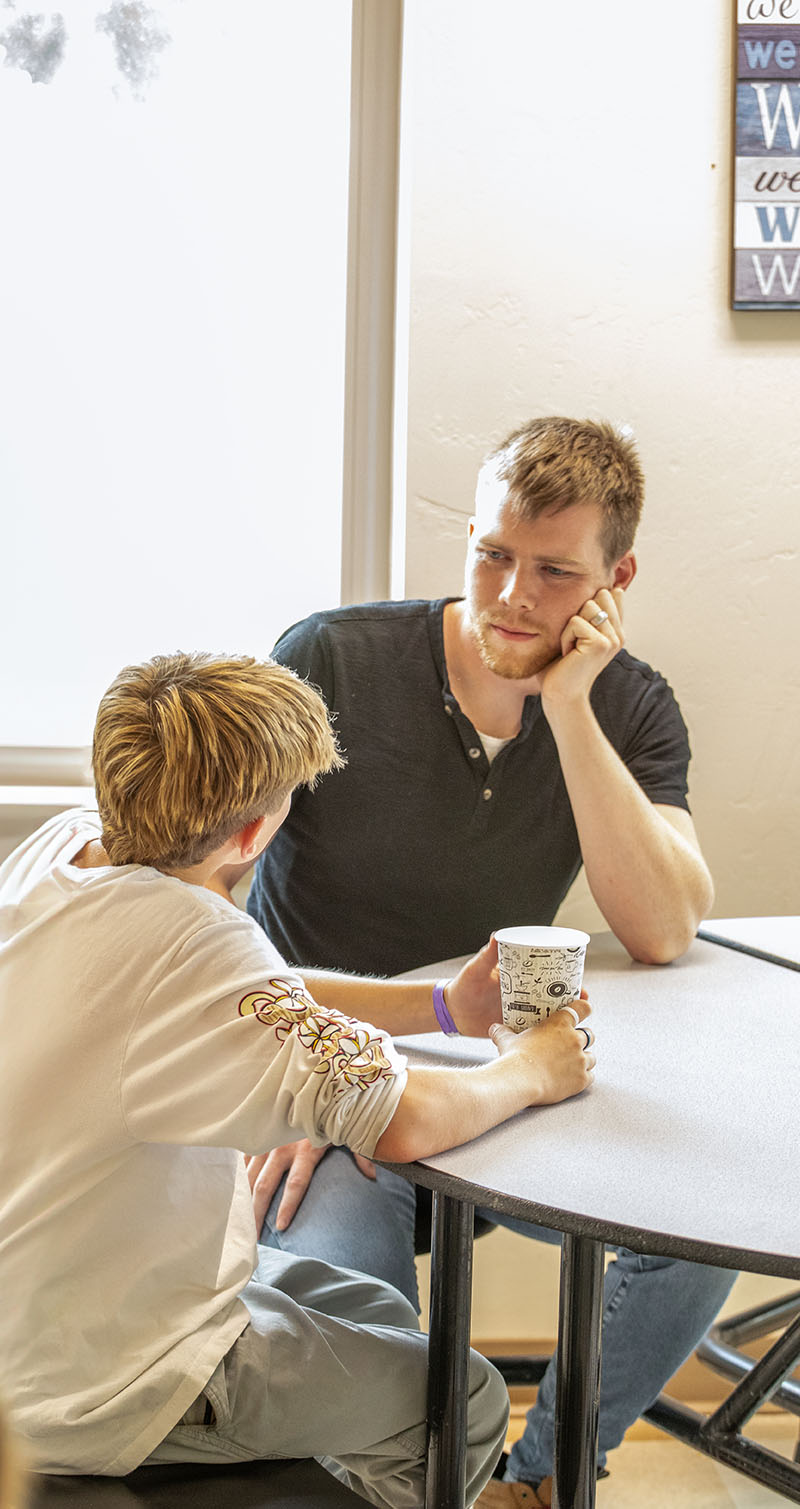
At discharge, 90% of students felt satisfied with the quality of treatment they received while at OASIS Ascent.
Navigating the Landscape of Teen Mental Health Services
As a parent, navigating your son's mental illness can be a daunting task. But fear not, with the right knowledge, you can make informed decisions that will positively impact your child's well-being. Here are some steps you can take to find help for your son:
- Conduct thorough research on available services and treatment options. Look for facilities and programs that specialize in teen boys' mental health treatment, as they will have a better understanding of the unique challenges boys face during adolescence. Consider factors such as the facility's reputation, outcomes, and the qualifications and expertise of their staff. Some treatment options available to your family include:
- Outpatient therapy - Outpatient therapy for teens involves regular therapy sessions with a licensed mental health professional, usually every week. These sessions provide a safe and confidential space for your son to talk about his thoughts, feelings, and challenges. The therapist can offer guidance, coping strategies, and support to help your son navigate his mental health crisis. Outpatient therapy allows your son to continue with his daily activities, such as school and extracurriculars, while receiving the necessary treatment and support he needs.
- Intensive Outpatient Therapy (IOP) - With IOP, your son will attend therapy sessions 2-3 a week. These sessions offer a more structured and intensive treatment approach, allowing your son to receive specialized care while still living at home. IOP typically includes individual therapy, group therapy, and educational components. This level of care can help your son address his challenges, develop coping skills, and build a strong support network to aid in his recovery.
- Day Treatment or Partial-Hospitalization Program (PHP) - With Day Treatment, your son will attend therapy sessions for several hours a day, several days a week. This level of care offers a structured and nurturing environment where he can receive intensive individual therapy, group therapy, and educational support. PHP allows your son to focus solely on his mental health and recovery while still being able to return home each day. It provides a stepping stone between outpatient therapy and residential treatment, offering a higher level of support without requiring overnight stays.
- Crisis Stabilization - During a mental health crisis, crisis stabilization can be a crucial treatment option for your teenage son. This level of care is designed to provide immediate support and intervention in times of acute distress. Crisis stabilization programs typically involve intensive monitoring, evaluation, and short-term stabilization to ensure your son's safety and well-being. These programs often include crisis counseling, medication management, and assistance with developing new skills. Crisis stabilization aims to help your son through the crisis period and transition him to a more stable state of mental health. It can be a valuable resource for parents seeking help during a mental health emergency.
- Residential Treatment Centers- In a residential treatment program, your son will live in a specialized facility that provides 24/7 care and support. This level of treatment offers a highly structured and therapeutic environment where your son can focus solely on his mental health and recovery. A residential treatment center often includes individual therapy, family therapy, group therapy using talk and experiential therapies, educational services & support, residential services, and recreational therapy activities. This immersive experience can help your son develop important independent living skills, learn coping strategies, achieve academic success, and receive life-changing care for his mental health concerns.
- Hospitalization / ER - During a mental health crisis, hospitalization or visiting the emergency room (ER) may be necessary for your teenage son's safety and well-being. In these situations, immediate intervention and support are crucial. Hospitalization or the ER can provide intensive monitoring, evaluation, and short-term stabilization. Medical professionals can assess your son's condition, provide crisis counseling, and offer medication management if necessary. While it may be a difficult decision to make, hospitalization or the ER can ensure your son receives the immediate care and attention he needs during a mental health emergency.
- Reach out to mental health professionals, educational consultants, counselors, and therapists who can provide guidance and recommendations based on their experience. They may have valuable insights into reputable treatment centers or programs that have proven successful in helping struggling teens.
- Consider your child's specific needs and preferences. Talk to your teen and involve them in the decision-making process. Listen to their concerns and take their input into account when evaluating treatment options. Finding a program that aligns with their interests, values, and goals can greatly enhance their chances of success.
- Ask questions and seek clarification on any aspects of a treatment program that you may be unsure about. A reputable treatment center should be open and transparent, providing detailed information about their approach, therapy modalities, and aftercare plans.
- Reach out to other parents who have gone through similar experiences and ask for their recommendations and insights. Online support groups and communities can be a valuable resource for finding first-hand experiences and gaining a sense of camaraderie.
By navigating the landscape of teen mental health services with knowledge and confidence, you can ensure that your struggling teen receives the care and support they need to heal and thrive. Trust in your research, seek professional guidance, involve your teen, and rely on the experiences of others to make informed decisions that will lead to the best possible outcome for your child.
Some families may be ready to transition their adolescent from a residential treatment center, a wilderness therapy program, or a therapeutic boarding school. When this transition occurs, OASIS Day Treatment has the ability to offer our adolescent day treatment services to anyone, in any state. If a family has the ability to utilize resources for housing near the facility, our program will assist in a smooth transition to home. Anxiety can occur with these transitions and when asking the bigger question, “Is my child ready to come home?”
OASIS Day Treatment can support families that are integrating their adolescents into the family system in real-time interactions, setting limits, and healthy communication prior to returning home. We work closely with Education Consultants to ensure a transition of care into the home state that is needed for each individual student.
Why Choose Residential Treatment for Boys?
Residential treatment offers an effective solution for teenage boys experiencing a mental health crisis. Our specialized program creates a safe and supportive environment for your son's healing journey, with round-the-clock care and in-depth therapy. Comprehensive in nature, our intensive residential treatment program includes individual therapy, group activities, and life skills development, all personalized to your son's needs. Choosing a residential treatment center provides a therapeutic and nurturing environment that allows your son to heal, grow, and thrive.
Evaluating Safety and Expertise in Prospective Treatment Centers
Finding the right treatment center for your struggling teen is a critical step in their recovery journey. Evaluating the safety and expertise of prospective treatment centers can provide you with peace of mind and confidence in your decision.
- Research the facility's safety protocols, staff qualifications, and security measures. Ensure that they have a strong track record of keeping residents safe and that their staff members are trained in crisis management and emergency response. Check if the treatment center has accreditation or licensing from reputable organizations, like The Joint Commission, as this demonstrates their commitment to high-quality care.
- Evaluate the therapy modalities and treatment approaches offered by the center. Ask about their treatment outcomes and look for evidence-based practices that have been proven effective in treating the specific issues your teen is facing. Inquire about the staff-to-resident ratio and the individualized treatment plans they provide. A personalized approach is crucial in ensuring that your teen receives the support and care they need.
- Consider the aftercare support provided by the treatment center. Recovery is an ongoing process, and your teen will need continued support once they complete their program. Look for centers that offer comprehensive aftercare plans and resources to help your teen maintain their progress and transition back to daily life successfully.
By thoroughly evaluating the safety measures, expertise of the mental health providers, therapy approaches, and aftercare support of prospective treatment centers, you can make an informed decision and feel confident in the care your struggling teen will receive. Remember, the well-being of your child is the top priority, and finding the right treatment center can make a significant difference in their recovery journey.
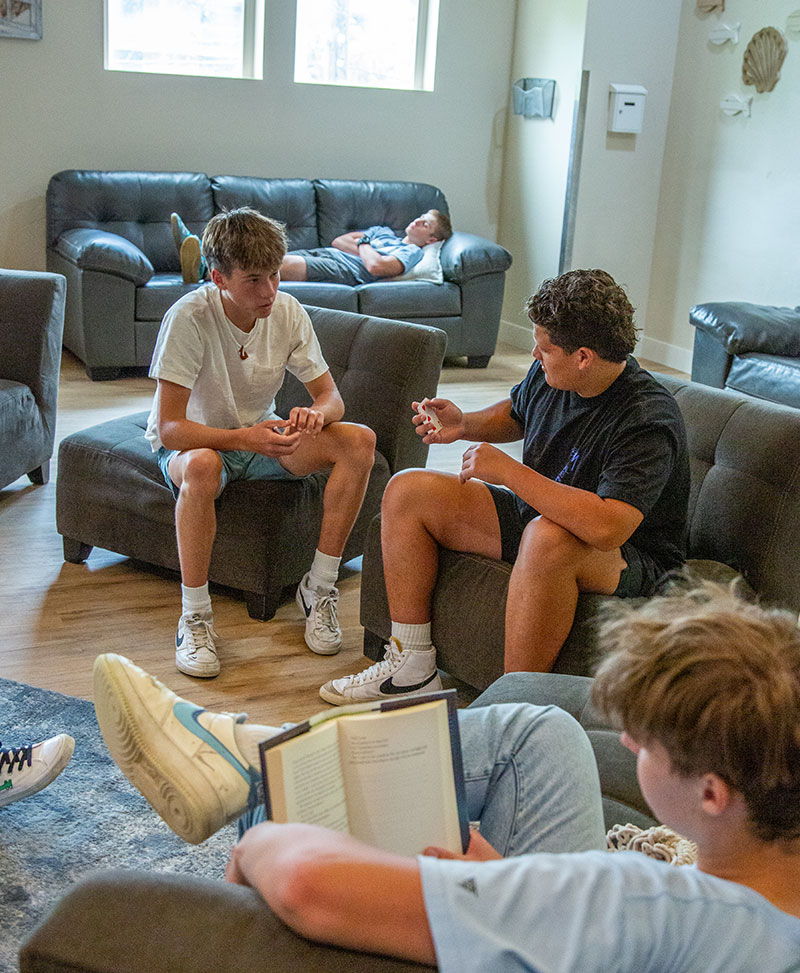
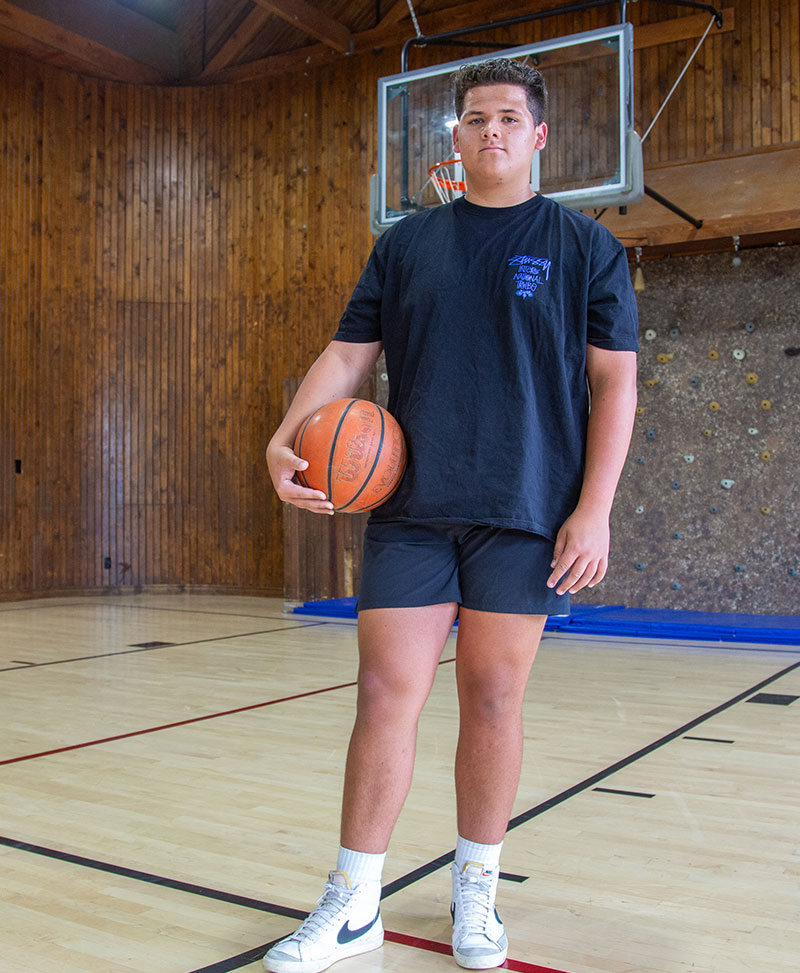
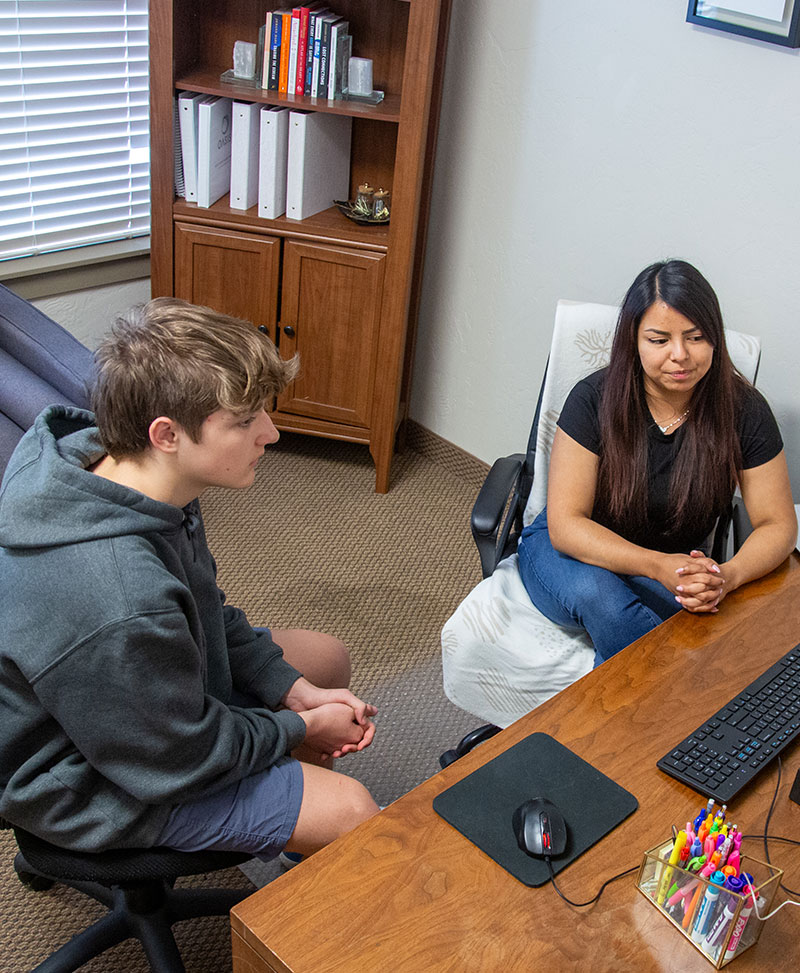
At discharge, 95% of parents stated they would recommend OASIS Ascent to a friend in a similar situation.
Get Help Navigating Your Insurance Coverage
Navigating insurance during a mental health crisis can feel overwhelming, but you don’t have to do it alone. At OASIS Ascent, you’ll receive expert support from a team that understands the complexities of out-of-network coverage. You can start with a free, no-obligation verification of benefits to better understand your plan, potential costs, and available options. From advocating for pre-authorization to exploring Single Case Agreements, OASIS works to maximize your insurance coverage while helping your teen access the care they need.
- Safety and Immediate Care: At OASIS Ascent, the safety and well-being of teens in crisis is our top priority. We provide a safe and secure environment where your child can receive the care and support they need. Our staff is trained to handle crisis situations and ensure the immediate safety of your teen.
- Observation & Assessment: Our treatment team is dedicated to assessing your teen to determine the nature and severity of their crisis. Through careful observation and assessment, our licensed therapists can diagnose the underlying mental health condition or trigger for the crisis. This allows us to tailor their treatment plan to address their specific needs.
- Stabilization: Crisis stabilization is a crucial step in helping your teen overcome their mental health problems. At OASIS Ascent, we use evidence-based therapeutic interventions to stabilize your child's emotional state and behavior. This may include medication management, therapy, and other techniques to reduce distress and symptoms.
- Intensive Support: Teens in crisis require intensive support and guidance. At OASIS Ascent, our highly trained staff provides a supportive and empathetic environment for your teen to navigate their crisis. We offer coping strategies, emotional support, and guidance to help them through this challenging time.
- Referral and Aftercare Planning: We understand that treatment doesn't end when your teen leaves our residential program. Our mental health professionals work with your family to develop an aftercare plan for ongoing care and support. This may involve recommendations for outpatient therapy, medication management, or other mental health services. We are committed to ensuring that your teen has the necessary resources to continue their healing journey beyond our program.
When it comes to your son's mental health, choosing OASIS Ascent means choosing expert care, safety, and support. Our comprehensive approach to residential treatment for adolescent boys sets us apart and gives you the confidence that your struggling teen is in the best hands.
Success Stories: Gaining Confidence in Your Decision
At OASIS Ascent, we understand that as parents, you want the best possible care for your son during his mental and behavioral health crisis. We are proud to share the success stories and positive reviews from families who have entrusted us with their sons' healing and growth.
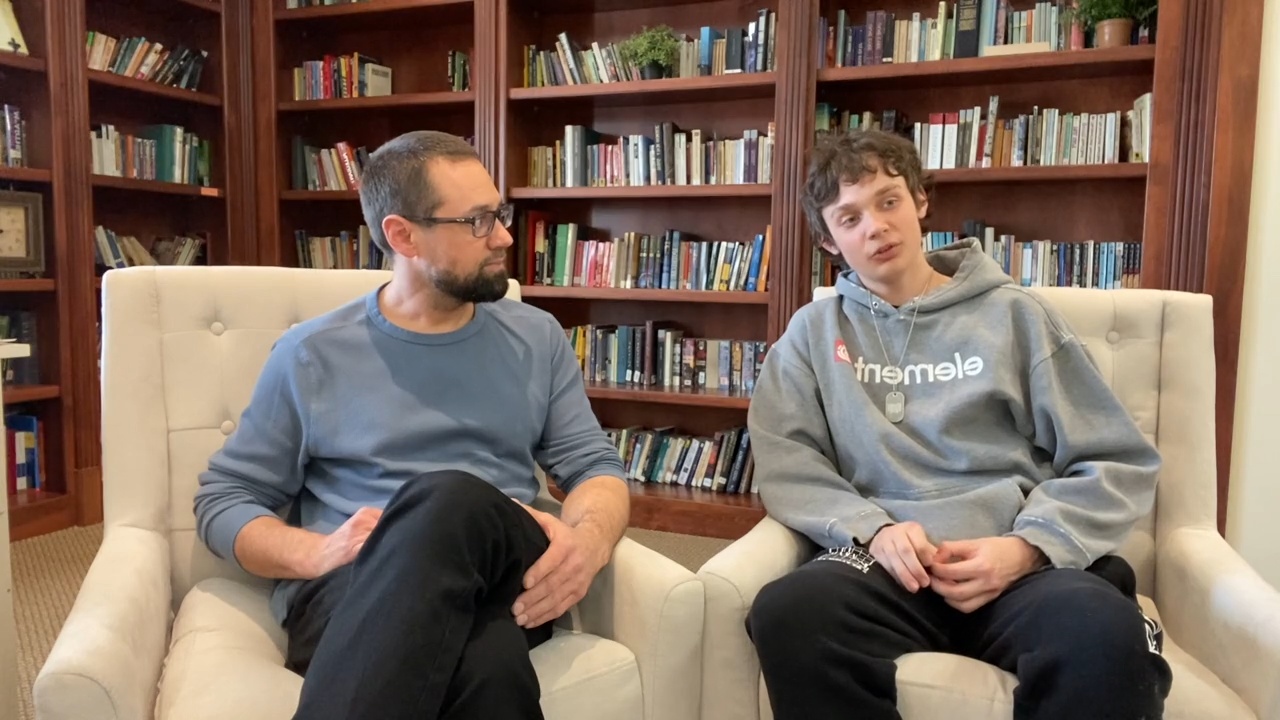
Finding the right care for struggling youth can be a daunting and overwhelming task. As a parent, it's natural to have doubts and uncertainties about the effectiveness of the treatment options available. However, it's important to remember that you are not alone in this journey, and many parents have successfully navigated the process and witnessed their child's transformation.
Success stories from other kids and parents who have gone through similar experiences can be a source of inspiration and reassurance. These stories remind us that there is hope for our struggling teens and that expert residential care can make a significant difference in their lives. Hearing about other parents who have seen their children heal, grow, and thrive after receiving professional help can provide the confidence you need to make the right decision for your own child.
Begin Your Healing Today
At OASIS Ascent, we prioritize your teen's mental health crisis. Our residential treatment center for boys offers immediate care and support, providing a path toward stability, healing, and recovery. Contact us today to take the first step towards a brighter future for your family. Together, we can navigate this challenging journey and find the expert care your teen needs.
Contact us today to start your healing journey and give your child the opportunity to thrive.
You Are Not Alone
OASIS Ascent is there for you and your family.

